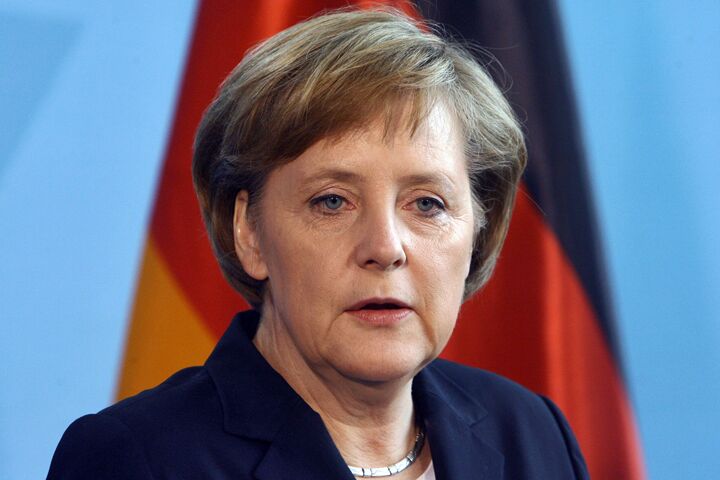
Germany: Coalition Government on Shaky Ground
The German coalition moved onto shaky ground this week. Two of the three parties in the ruling “grand coalition” lost ground in key state elections, and they are now starting to fall out with each other.
Since the 2005 election, this grand coalition has been made up of the Christian Democratic Union (cdu), the Christian Social Union (csu) and the left-leaning Social Democratic Party (spd).
German politics quickly gets complicated though. The cdu and the csu are long-term allies. The spd, however, is traditionally opposed to the Christian Union parties. The three parties were forced to work together as the 2005 elections failed to give either side an absolute majority.
The next German elections are set for late 2009. The cdu/csu and the spd have to balance the desire to score points over their coalition partners in preparation for the elections against the need to work together to run the country. If the three fail to work together, they all lose votes. Although they work together on the national level, they are in competition when it comes to local and regional elections.
In short, it’s a mess.
On Monday, the cdu lost its absolute majority in the state of Hamburg. According to Deutche Welle, “The Hamburg vote is the second state election in a month to produce inconclusive results and raise the possibility of new partnerships amid growing disillusionment inside Merkel’s ruling coalition, which has been at loggerheads in recent months.”
In the state of Hesse, the spd also came out badly after an election. As a result, it is considering working with the Left Party. The Left Party is “a grouping of ex-Communists and disgruntled Social Democratic defectors,” according to Deutche Welle. “The Left Party remains anathema to all of Germany’s mainstream parties because of its Communist past.”
Chancellor Angela Merkel is not happy. “The Social Democrats have … shown themselves in recent weeks not to be reliable,” she said. She has accused the spd of breaking an election promise by considering such an alliance.
The gains made by the Left Party could add some extra confusion into the mix. In both Hesse and Hamburg, the Left Party gained the 5 percent of the vote needed for representation for the first time. Some commentators say this may have moved Germany from a four-party state to a five-party state.
Now, after a two-day meeting, all three coalition parties have pledged to put these differences behind them and to press “the reset button.”
The government, however, is still divided. And a house divided against itself cannot stand.
As the leader of the opposition Free Democratic Party, Guido Westerwelle, said several months ago, “The coalition is formally still in office, but it has long stopped governing. It is bad for Germany, because we will now have a months-long, and if we are unlucky, two-year-long, general election campaign ahead of us.”
German politics are in turmoil. The coalition is in chaos. The Trumpet has repeatedly warned readers to watch German politics, for out of this chaos a strong leader will arise. Historically, Germany has a propensity for becoming very powerful under strong leaders.
For more information on this subject, read last month’s article “Cracks Widen in German Coalition.”
